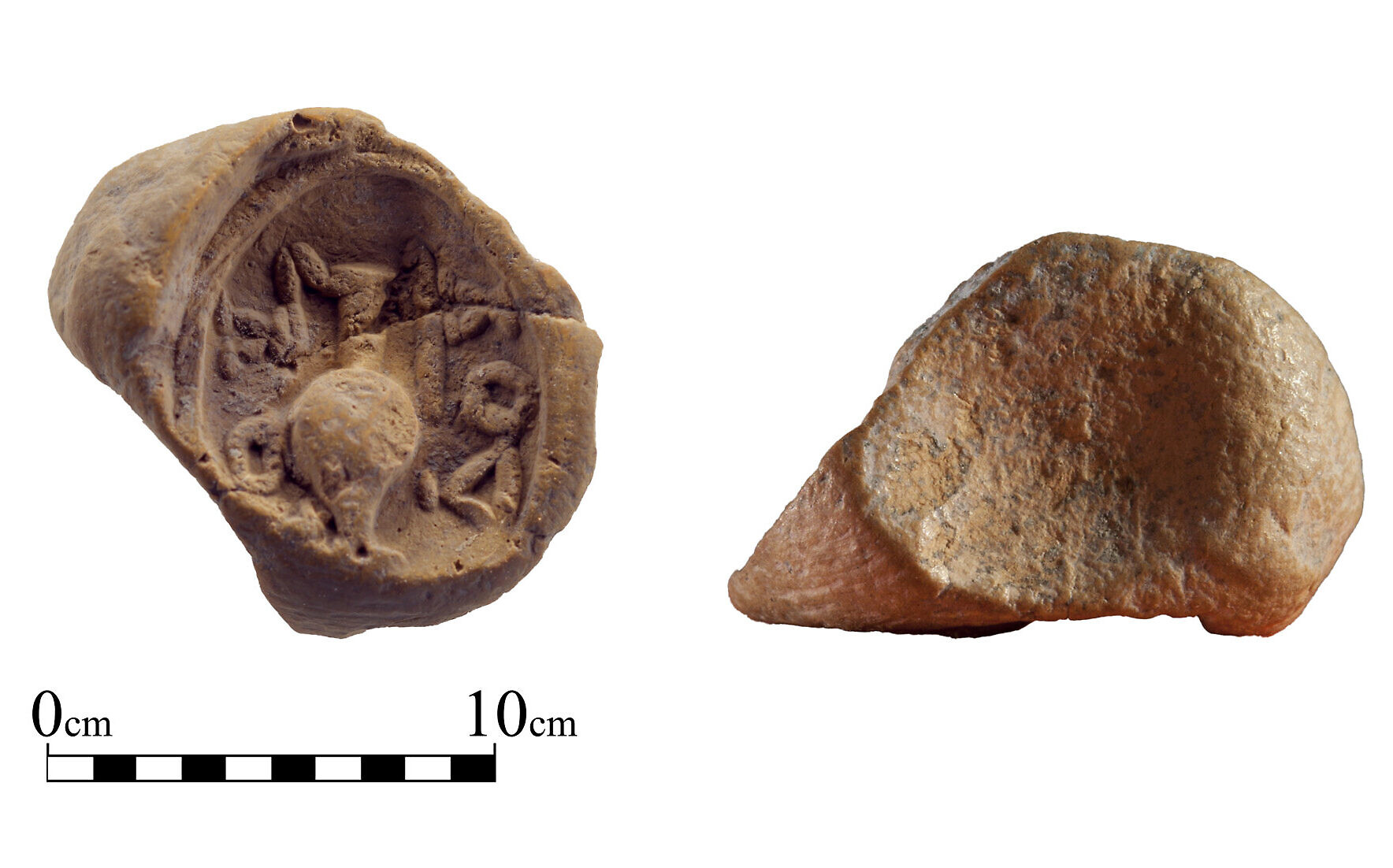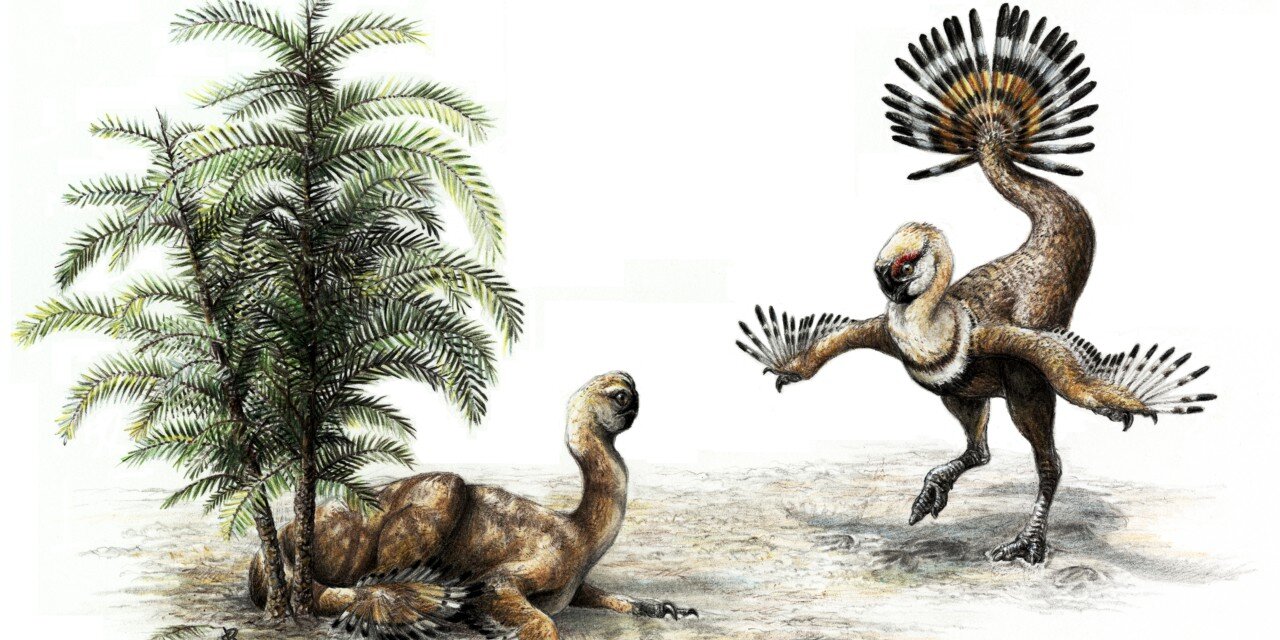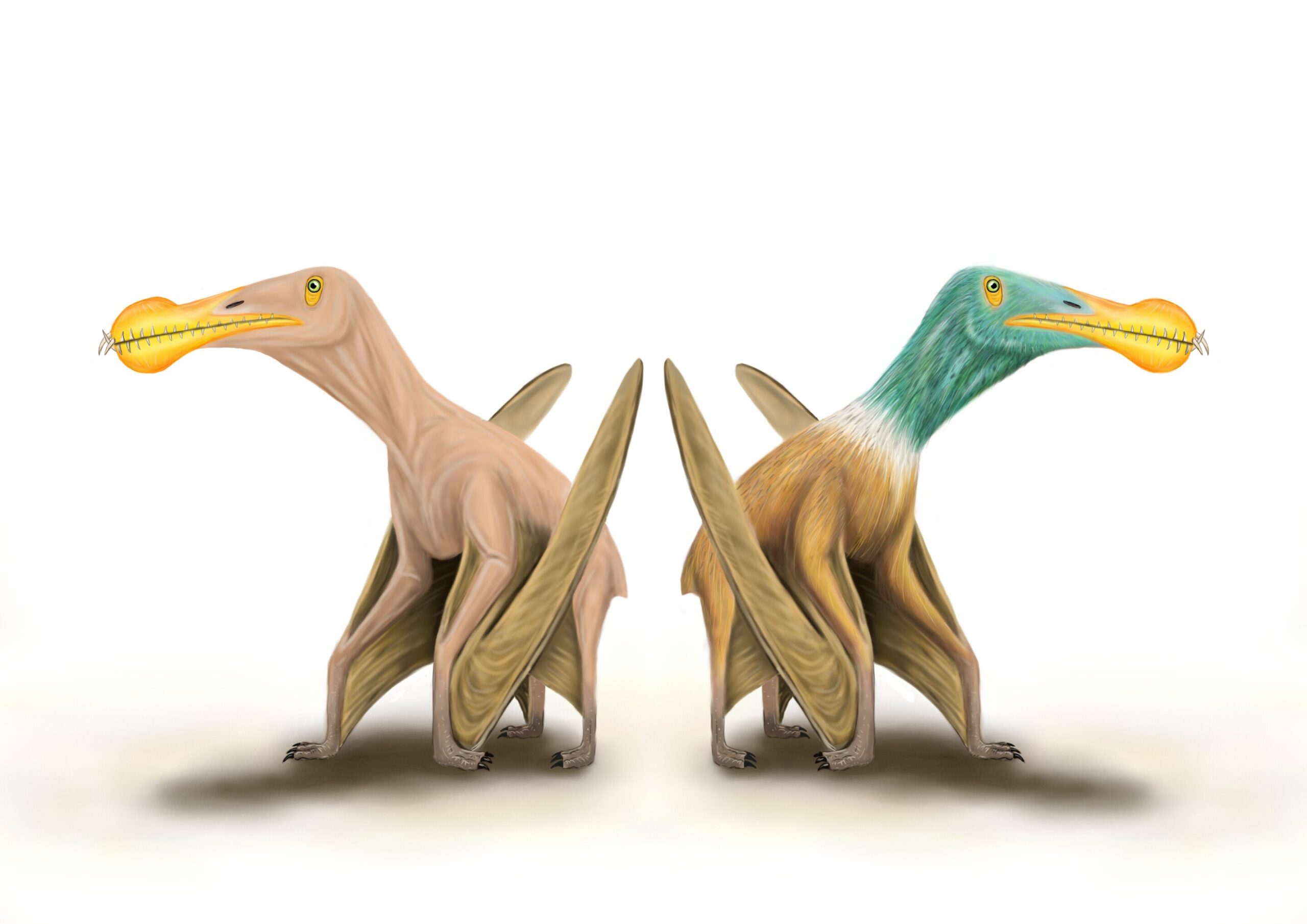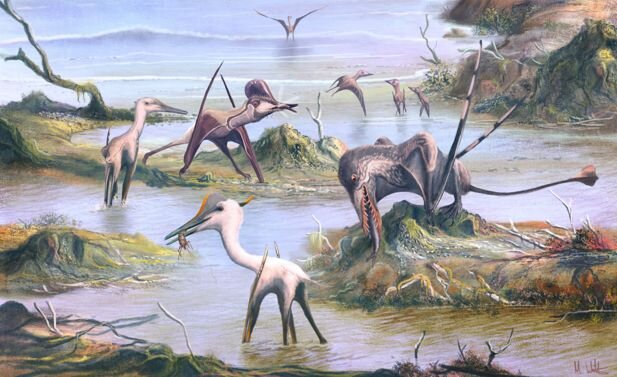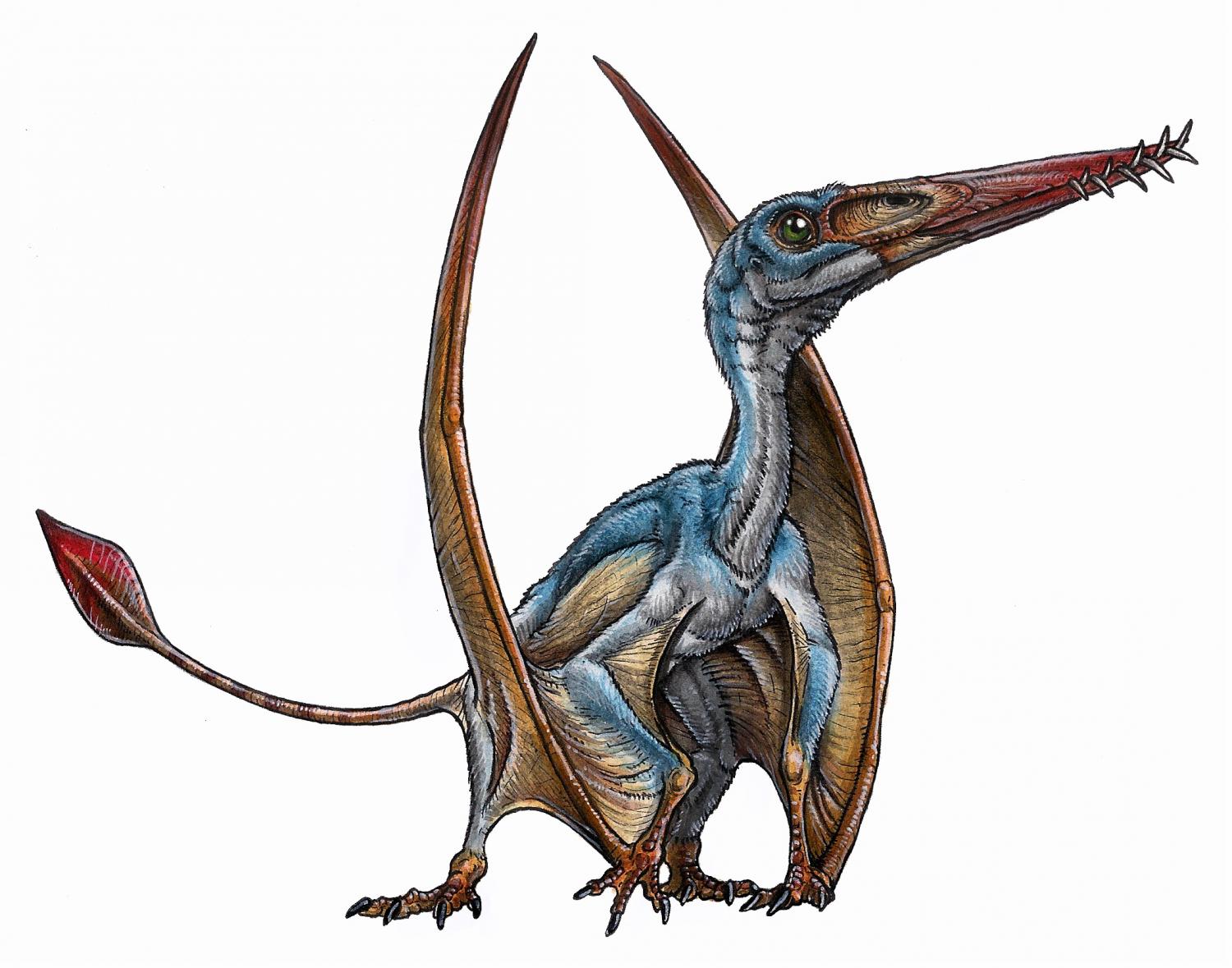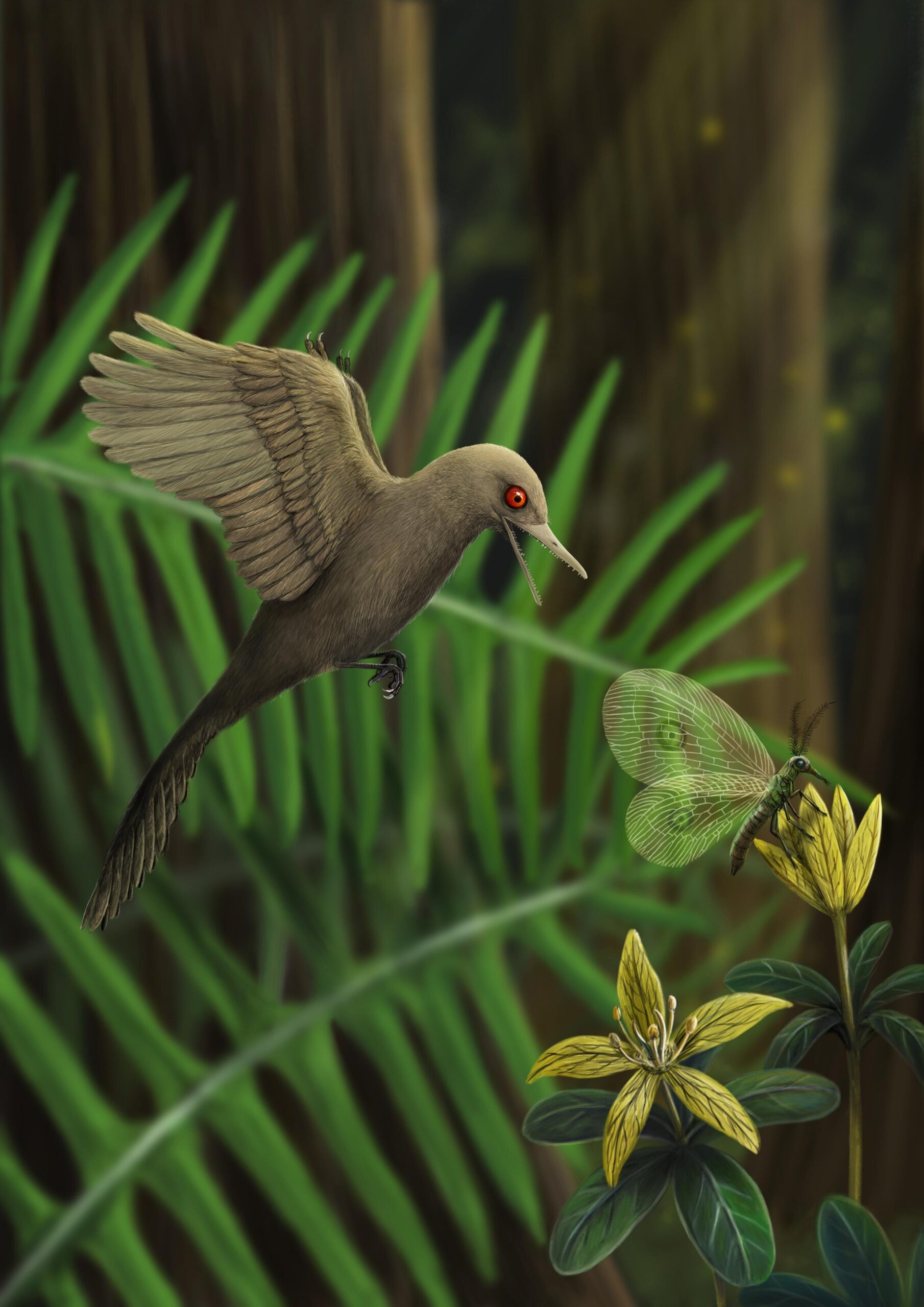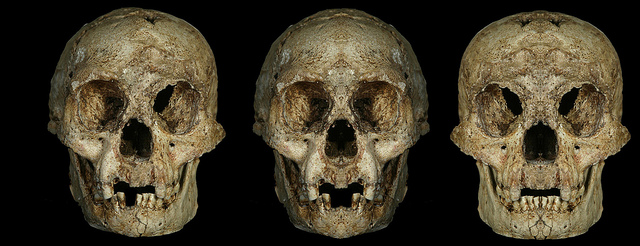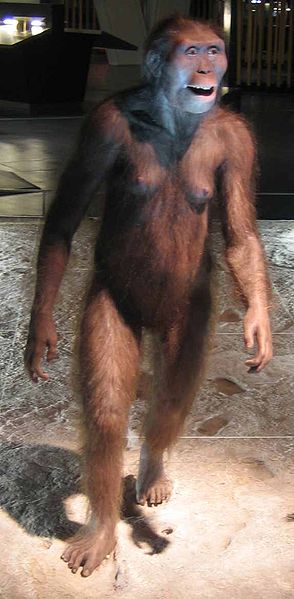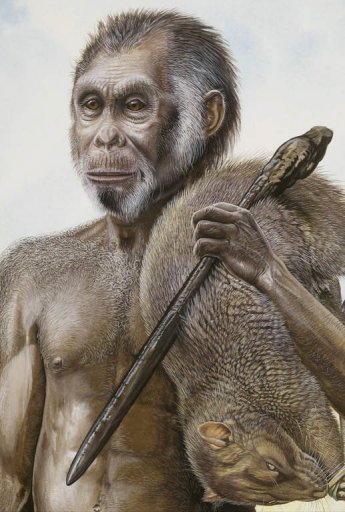Archaeologists Unearth 2,000-Year-Old Clay Token in Jerusalem
A remarkable discovery from the Temple Mount in Jerusalem is offering a glimpse into pilgrimage practices during the Second Temple period. Archaeologists working with the Temple Mount Sifting Project unearthed a 2,000-year-old clay token inscribed with Greek letters and depicting a wine jug. The inscription and imagery on the token strongly suggest it was used … Read more
